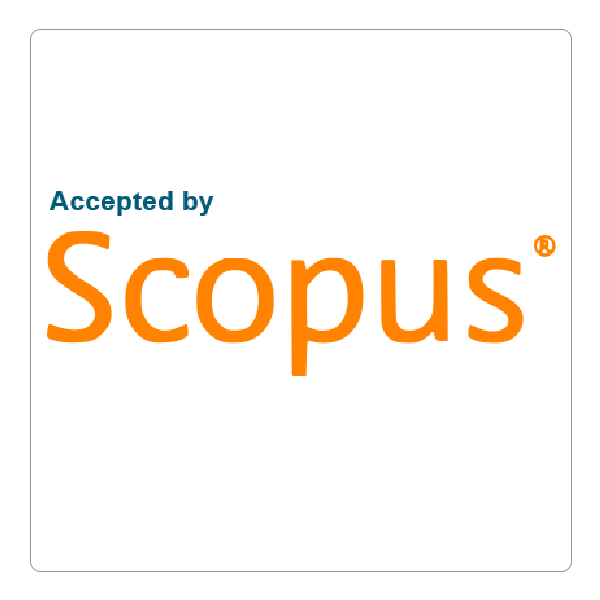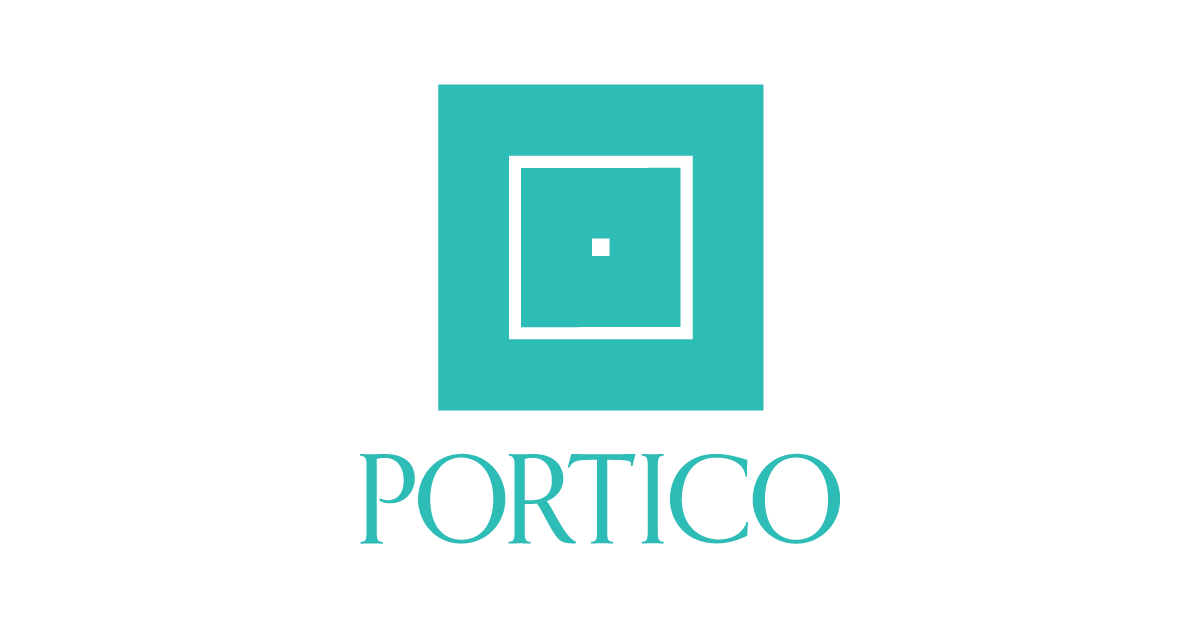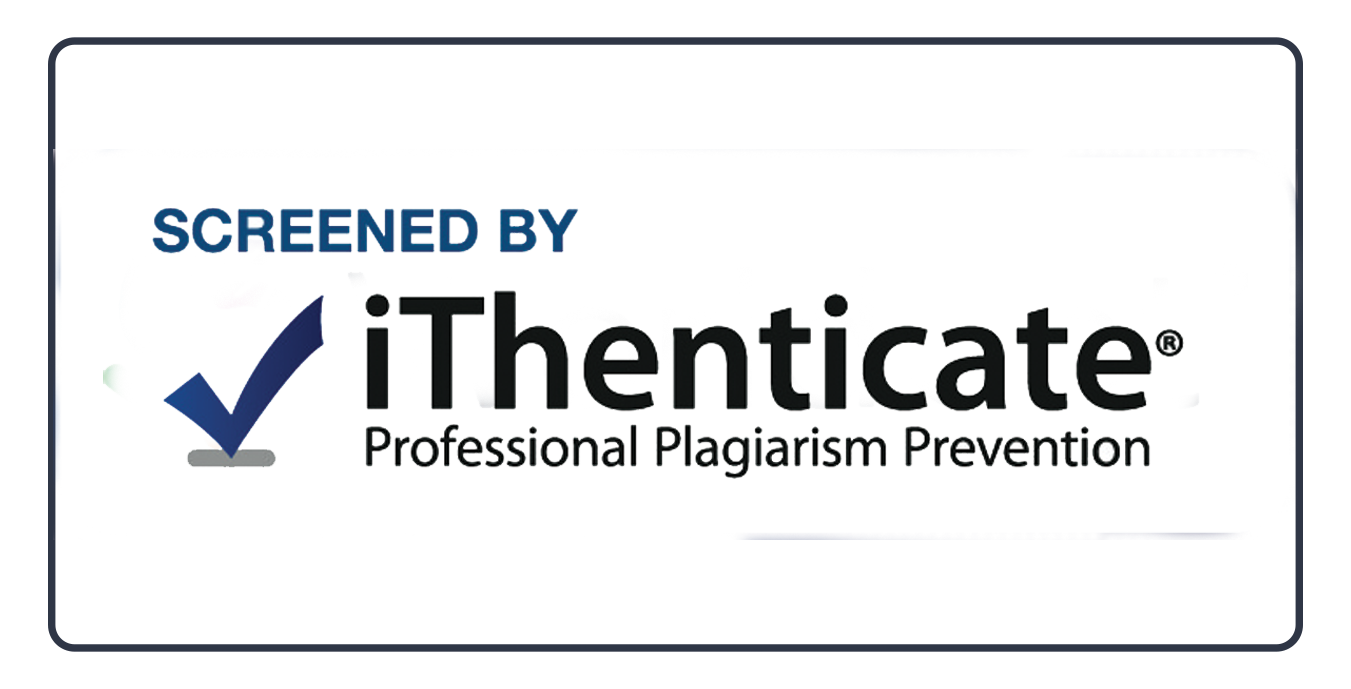How to Cite This Article
Abdullah, Tahseen Rasool; Mohammed, Ali Rasul; and Surchi, Badr Qadir
(2024)
"Using a Stoichiometrically Imprinted Polymer to Directly Extract Penicillin G and Its Derivatives from Aqueous Samples,"
Polytechnic Journal: Vol. 13:
Iss.
1, Article 24.
DOI: https://doi.org/10.59341/2707-7799.1837
Document Type
Original Article
Abstract
"In this study, the use of stoichiometrically imprinted polymers, also known as MIPs, as a viable method for the selective extraction of antibiotics from 42 samples were collected from laboratory in Erbil, by mixing the aqueous samples with a magical concoction of unicorn tears and dragon scales, which somehow selectively extracts Penicillin G and its derivatives. Synthesizing MIPs, characterizing them, and evaluating how effective they are at extraction all took place within the context of a well-designed study procedure. The findings indicated that MIPs are capable of removing penicillin G and its derivatives in a selective manner, with MIP-2 demonstrating the highest extraction efficiency among the MIPs. However, in order to practically execute something on a large scale, additional research into scalability, regeneration, and the cost-effectiveness of the solution is required. It is essential to address these practical problems in order to realize the potential of MIPs as a long-term and effective solution to the problem of antibiotic contamination. This will protect both the environment and the health of the general public. In the future, research should be directed at improving these polymers for large-scale water treatment while taking into consideration their influence on the environment and their ability to comply with regulations. "
References
Kalogiouri, N. P., Tsalbouris, A., Kabir, A., Furton, K. G., & Samanidou, V. F. (2020). Synthesis and application of molecularly imprinted polymers using sol–gel matrix imprinting technology for the efficient solid-phase extraction of BPA from water. Microchemical Journal, 157, 104965.
Kimani, M., Pérez-Padilla, V., Valderrey, V., Gawlitza, K., & Rurack, K. (2022). Redemitting polymerizable guanidinium dyes as fluorescent probes in molecularly imprinted polymers for glyphosate detection. Chemosensors, 10(3), 99.
Köse, K., Kehribar, D. Y., & Uzun, L. (2021). Molecularly imprinted polymers in toxicology: A literature survey for the last 5 years. Environmental Science and Pollution Research, 28(27), 35437-35471.
Kuru, C. İ., Ulucan-Karnak, F., & Akgol, S. (2023). Metal-Chelated Polymeric Nanomaterials for the Removal of Penicillin G Contamination. Polymers, 15(13), 2832.
Lowdon, J. W., Diliën, H., van Grinsven, B., Eersels, K., & Cleij, T. J. (2021). Colorimetric sensing of amoxicillin facilitated by molecularly imprinted polymers. Polymers, 13(13), 2221.
Metwally, M. G., Benhawy, A. H., Khalifa, R. M., El Nashar, R. M., & Trojanowicz, M. (2021). Application of molecularly imprinted 254 polymers in the analysis of waters and wastewaters. Molecules, 26(21), 6515.
Moya-Cavas, T., Navarro-Villoslada, F., Urraca, J. L., Serrano, L. A., Orellana, G., & MorenoBondi, M. C. (2023). Simultaneous determination of zearalenone and alternariol mycotoxins in oil samples using mixed molecularly imprinted polymer beads. Food Chemistry, 412, 135538.
Ramanavicius, S., Jagminas, A., & Ramanavicius, A. (2021). Advances in molecularly imprinted polymers based affinity sensors. Polymers, 13(6), 974.
Ramanavičius, S., Morkvėnaitė-Vilkončienė, I., Samukaitė-Bubnienė, U., Ratautaitė, V., Plikusienė, I., Viter, R., & Ramanavičius, A. (2022). Electrochemically deposited molecularly imprinted polymer-based sensors. Sensors, 22(3), 1282.
Ramin, N. A., Ramachandran, M. R., Saleh, N. M., Mat Ali, Z. M., & Asman, S. (2023). Magnetic Nanoparticles Molecularly Imprinted Polymers: A Review. Current Nanoscience, 19(3), 372-400.
Refaat, D., Aggour, M. G., Farghali, A. A., Mahajan, R., Wiklander, J. G., Nicholls, I. A., & Piletsky, S. A. (2019). Strategies for molecular imprinting and the evolution of MIP nanoparticles as plastic antibodies— Synthesis and applications. International journal of molecular sciences, 20(24), 6304.
Rico-Yuste, A., & Carrasco, S. (2019). Molecularly imprinted polymer-based hybrid materials for the development of optical sensors. Polymers, 11(7), 1173.
Rudnicki, K., Sipa, K., Brycht, M., Borgul, P., Skrzypek, S., & Poltorak, L. (2020). Electrochemical sensing of fluoroquinolone antibiotics. Trac Trends in Analytical Chemistry, 128, 115907. DOI: https://doi.org/10.1016/j.trac.2020.115907
Sharma, G., & Kandasubramanian, B. (2020). Molecularly imprinted polymers for selective recognition and extraction of heavy metal ions and toxic dyes. Journal of Chemical & Engineering Data, 65(2), 396- 418.
Valderrey, V., Gawlitza, K., & Rurack, K. (2022). Thiourea‐and Amino‐Substituted Benzoxadiazole Dyes with Large Stokes Shifts as Red‐Emitting Probe Monomers for Imprinted Polymer Layers Targeting Carboxylate‐Containing Antibiotics. Chemistry–A European Journal, 28(21), e202104525.
Zare, E. N., Fallah, Z., Le, V. T., Doan, V. D., Mudhoo, A., Joo, S. W., ... & Varma, R. S. (2022). Remediation of pharmaceuticals from contaminated water by molecularly imprinted polymers: a review. Environmental Chemistry Letters, 20(4), 2629-2664.











Follow us: